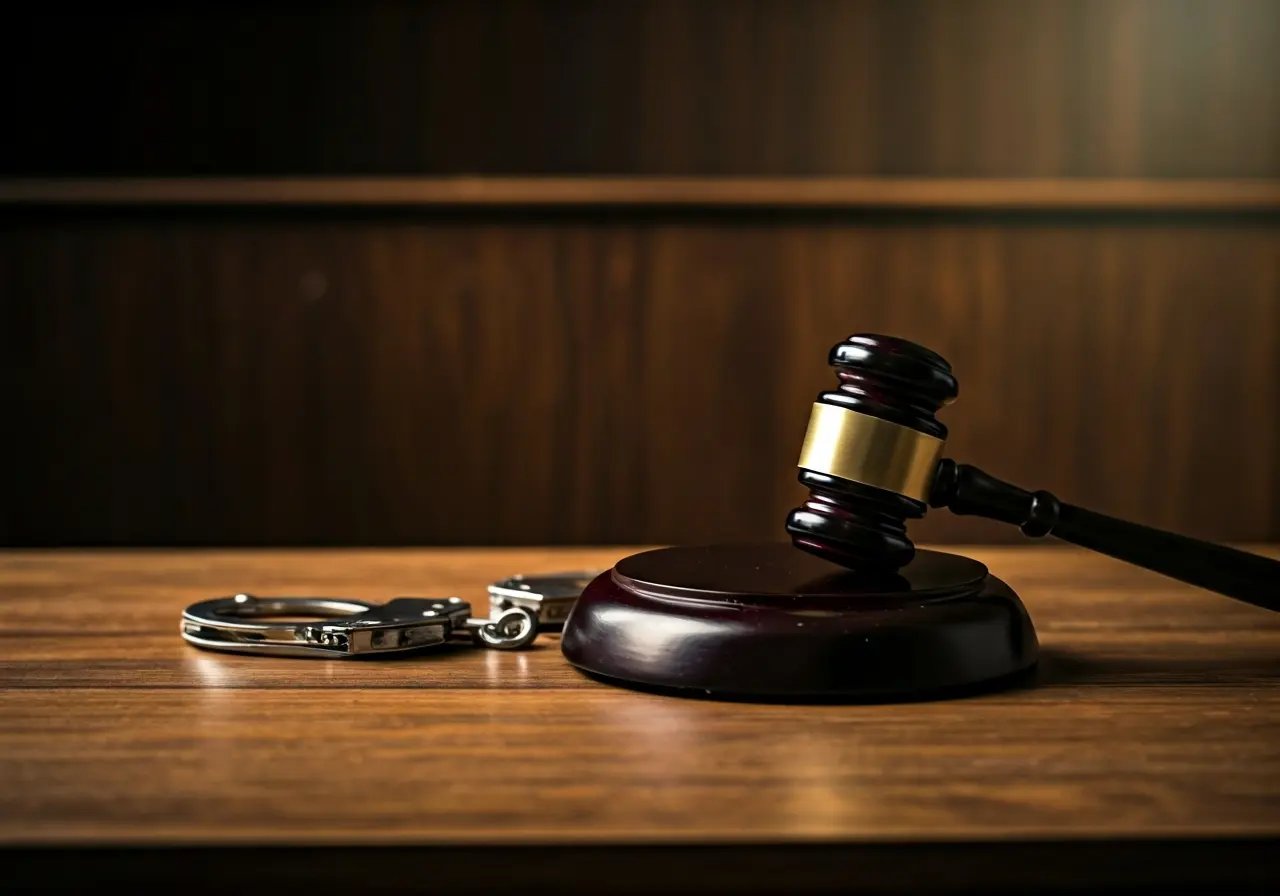What Should I Know Before Contacting a Bail Bond Agency?
Navigating the world of bail bonds can be daunting, especially if it's your first time. Understanding the essentials before reaching out to a bail bond agency can make the process smoother and less stressful. In this guide, we'll walk you through what you need to know, ensuring you ask the right questions and make informed decisions.
Understand What a Bail Bond Is and How It Works
A bail bond acts as a surety to the court, ensuring that the defendant will appear on their scheduled court dates. Typically, when someone is arrested, they have two options: pay the full bail amount set by the court or seek help from a bail bond agency. The latter offers a more feasible solution for many, providing the necessary financial support when immediate funds are limited.
The role of a bail bondsman is vital in this process. Acting as a liaison between the court and the defendant’s family or friends, the bail bondsman guarantees the defendant’s court appearances. In return, the agency charges a fee, which is usually a percentage of the total bail amount. This symbiotic relationship keeps the legal system moving smoothly, while also providing peace of mind to the defendant and their loved ones.
Determine the Cost of a Bail Bond
When contacting a bail bond agency, understanding the cost structure is essential. Most agencies charge between 10% and 15% of the total bail amount. This fee isn't refundable and constitutes the agency's profit for taking the financial risk on behalf of the defendant.
Additional costs might include administrative fees, travel expenses, or any other charges deemed necessary by the agency. It's always best to request a detailed breakdown of all potential expenses before signing any agreement. Doing this can help avoid surprises and ensures transparency in the transaction.
Learn About the Requirements of Bail Bond Agencies
Each bail bond agency may have specific requirements, so it's crucial to know what to expect. Identification is standard; you'll need a government-issued ID to verify identity. Proof of income might also be necessary to demonstrate the ability to pay the bail bond fee and any associated costs.
Collateral can be a significant aspect of securing a bond. Items such as property deeds, cars, or valuable assets can serve as collateral to provide additional security for the agency. Understanding these requirements ahead of time ensures a smoother process when contacting an agency.
Evaluate the Risks Involved
Signing a bail bond contract carries specific risks. Should the defendant fail to appear in court, the co-signer might have to forfeit collateral, which can lead to serious financial repercussions. Thus, it's essential to be fully aware of the obligations that come with co-signing.
Understanding the legal language within a bail bond contract can also prove challenging. Always ask for clarification on terms that seem ambiguous or unfamiliar. A knowledgeable agent should patiently answer your questions, ensuring you know exactly what you're signing up for and any penalties involved.
Prepare Questions to Ask the Bail Bond Agency
Approaching a bail bond agency with a prepared list of questions can greatly aid in understanding their services. Inquiring about their experience and expertise within the industry can provide reassurance of their reliability and professionalism.
Ensure you understand the terms of the arrangement fully. Ask about specific fees, the potential for additional costs, and what collateral will be accepted. Questions about payment plans or options can also be crucial, especially if the fee is substantial.
Bringing It All Together: Navigating Bail Bonds with Confidence
Understanding the bail bond process before contacting an agency empowers you to make informed and confident choices. By knowing the costs, requirements, and potential risks involved, you're better equipped to navigate this legal terrain. Remember, asking the right questions can make all the difference in ensuring a smoother process.

